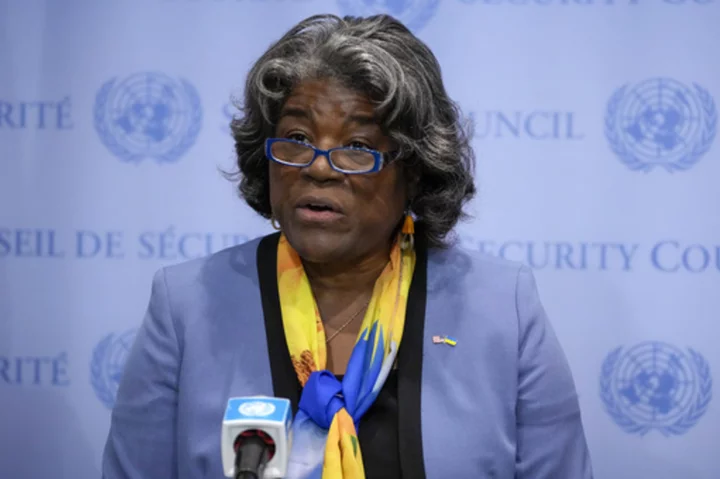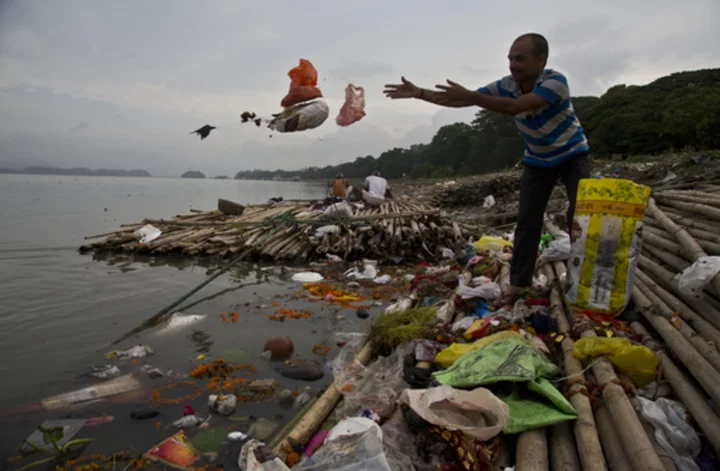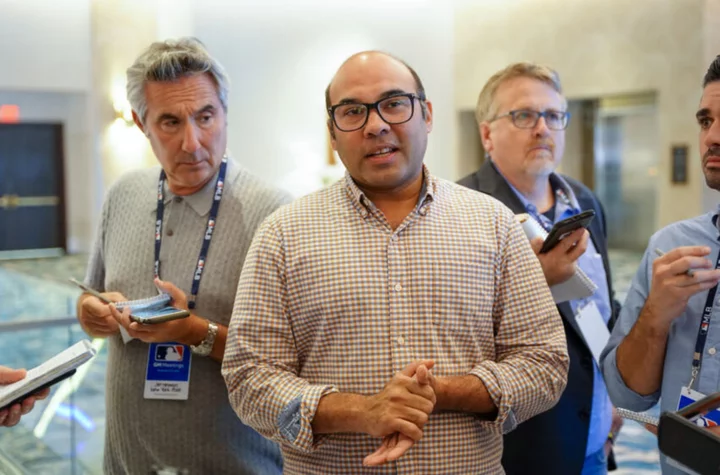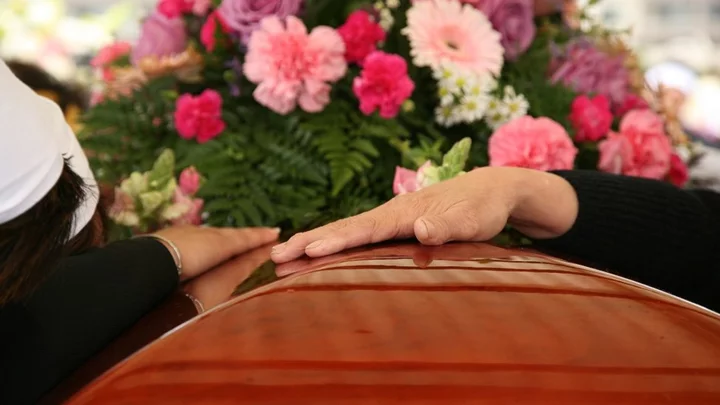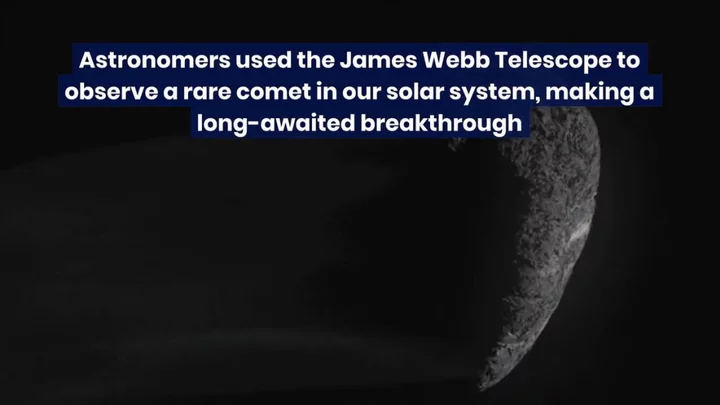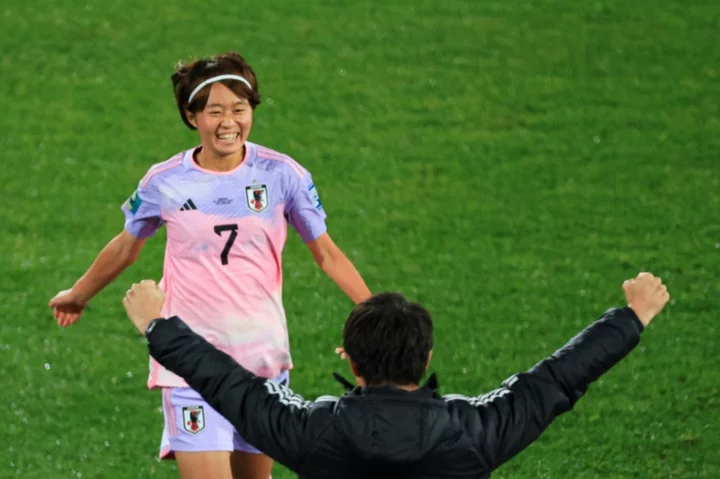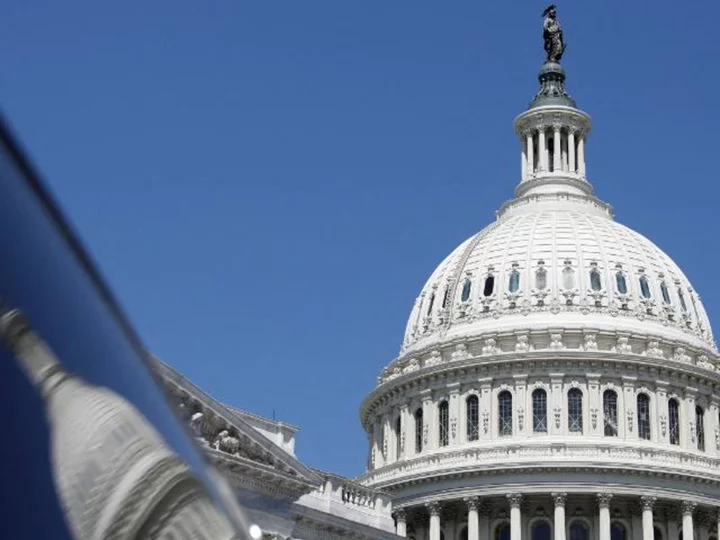UNITED NATIONS (AP) — The United States on Thursday announced sanctions against 11 Russians and two re-education facilities reportedly involved in the forced transfer of thousands of Ukrainian children, accusing Moscow of war crimes and crimes against humanity.
U.S. Ambassador Linda Thomas-Greenfield made the announcement at a U.N. Security Council meeting that the U.S. organized on Ukraine’s national day to put a spotlight on the transfer or deportation of its children as young as four months old, not only to Russia but to its ally Belarus and Russian-occupied territories in Ukraine’s east.
“Children are literally being ripped from their homes in the year 2023,” she said. “Russia and its proxies have detained children fleeing violence. They have forced children out of schools and orphanages. And local proxies have tricked or coerced parents into sending their children to so-called `summer camps’ only to be cut off from communication and refused to have their children returned to them.”
Deportations of Ukrainian children have been a concern since Russia’s Feb. 24, 2022, invasion of Ukraine. The International Criminal Court increased pressure on Russia when it issued arrest warrants on March 17 for President Vladimir Putin and Russian children’s rights commissioner Maria Lvova-Belova, accusing them of abducting children from Ukraine.
Estimates vary of the number of children taken from Ukraine, but Thomas-Greenfield said the United States knows that since February 2022 there have been thousands.
She said the U.S. is also aware of reports that Belarus leaders have supported moving Ukrainian children to camps in their country. She quoted the National Anti-Crisis Management Group saying at least 2,100 Ukrainian youngsters were taken to Belarus from Russian-occupied territory in Ukraine between September 2022 and May 2023.
Ukraine’s U.N. ambassador, Sergiy Kyslytsya told the council that “Ukraine has strong grounds to believe that several hundred thousand Ukrainian children were forcibly and unlawfully taken by Russia, with many still being held against their will.”
He likened Russia’s actions against children to crimes the Nazis committed against children during World War II saying: “Our children are exposed to aggressive brainwashing aimed at changing their consciousness, erasing their Ukrainian identity, and preparing obedient soldiers for the Russian army in the future.”
Thomas-Greenfield, who announced the new U.S. sanctions, told the council they target individuals who have reportedly facilitated the forcible transfer and deportation of children to camps. In addition, she said, the U.S. put visa restrictions on three Russia for their reported involvement in human rights abuses against Ukrainian minors.
The U.S. State Department later released a list of those subject to a freeze of any U.S. assets including the commissioners for children’s rights in the Russian regions of Belgorod, Kaluga and Rostov and officials in the Chechen Republic for their reported involvement in child deportations.
It also imposed sanctions on a Russian-owned “summer camp” called Artek in Russian-occupied Crimea which received Ukrainian children who were placed in “patriotic” re-education programs and prevented from returning to their families and the Akhmat Kadyrov Foundation which the U.S. said is used by the Kadyrov family to oversee re-education of Ukrainian children in camps outside Grozny in the Chechen Republic.
Russia’s U.N. Ambassador Vassily Nebenzia accused the U.S. of launching a proxy war against Russia, backed by Britain and the European Union, to “gain experience in modern day methods of engaging in armed hostilities,” risking nothing but weapons supplied to Ukraine.
He said Russia was “compelled” to come to the defense of women, children and the elderly and dismissed what he called a host of lies about Russia’s actions including “the lie about our alleged abductions of Ukrainian children, who we are actually saving.”
A significant number of council nations made no mention of the issue of deported children, including China. Instead, they focused on the need to end the conflict and to restore the initiative that allowed Ukraine to ship grain from Black Sea ports. Russia suspended the deal in mid-July until its demands to ensure Russian food and fertilizer can get to world markets are met, sparking food price increases and fears of a global food crisis.
But France’s deputy U.N. ambassador Nathalie Broadhurst Estival said Russia’s addition to the U.N. "blacklist of infamy” in June for violating children's rights bears out the gravity of its crimes against children. “France urges the Russian Federation to respect international law and to immediately end these atrocities,” she said.
Britain’s deputy ambassador James Kariuki said the forced transfers and deportations of children have “devastating and life changing consequences that will be felt for generations.”

